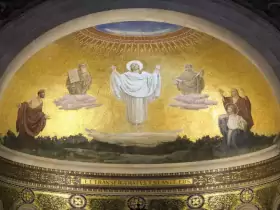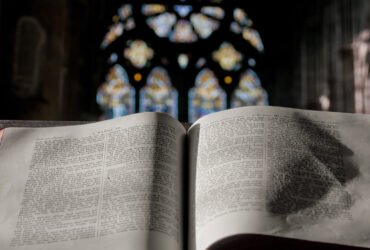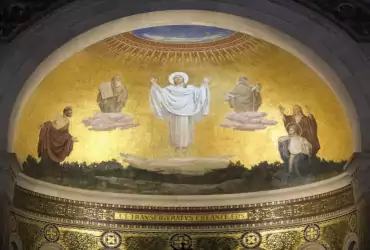The discussion was about vaping. The presenter said it is a problem with young
people. They see it as a substitute for smoking – not harmful to health and yet
giving a kick like smoking. Besides, it is ‘cool’ and there is peer pressure to get
into it. But, she said, it is now known to be harmful though maybe not so much
as smoking. Further, she said, it is addictive and we don’t really know its long
term effects but research is far from positive about them.
Her guest agreed and said the government should do something to discourage
vaping. One way would be to sharply increase tax on it and she suggested other
ways of arresting its effects. It was the other guest’s response that struck me. He
said the difficulty is that many young people are searching for meaning, identity
– anything that would enable them to cope with life. And he used the word
‘narrative’. ‘They have no narrative.’
He was raising the conversation to another level, a frightening level. Is it really
true that many young people have no ‘narrative’ in their lives? I understand his
meaning to be; their parents and family have given them no base, no tradition,
on which they can build their lives. There are no fixed points to start with and
so it is unclear where they can go.
Normally a person grows beyond his or her upbringing or training and develops
their own story or ‘narrative’. But if there is nowhere to start, there is a danger a
person will have no confidence to set out at all. So the alarming conclusion is;
the downside of our progress in affirming human rights and individual liberty is
that people have cast off their moorings before they have the compass of their
ship set. If one has no idea where one comes from it is going to be difficult to
see where one is going.
All this reminds me of a distinction I have come across, from George Kennan,
which I have used a number of times. It is between the mechanic and the
gardener. The good lady, above, who wants to increase taxes, is like a mechanic.
She believes you can ‘fix things’ by making certain adjustments. But the man in
the discussion, whose name escapes me – as does hers, was pointing to a more
fundamental issue, the foundations of growth.
With all our progress, we may have succeeded in uprooting our young people so
that they are now adrift in a ‘journey without maps’. It is hard for a parent to see
their son or daughter in their late thirties still searching for what they really
want in life. Many of us grew up in a time where family, tradition and our faith
helped us make our own way. Today, it seems, these landmarks are often no
longer there.
We may believe that soon there will be a swing back to older sureties, however
modified. But in the meantime a whole generation suffers.
By Fr David Harold-Barry SJ









Leave a Reply